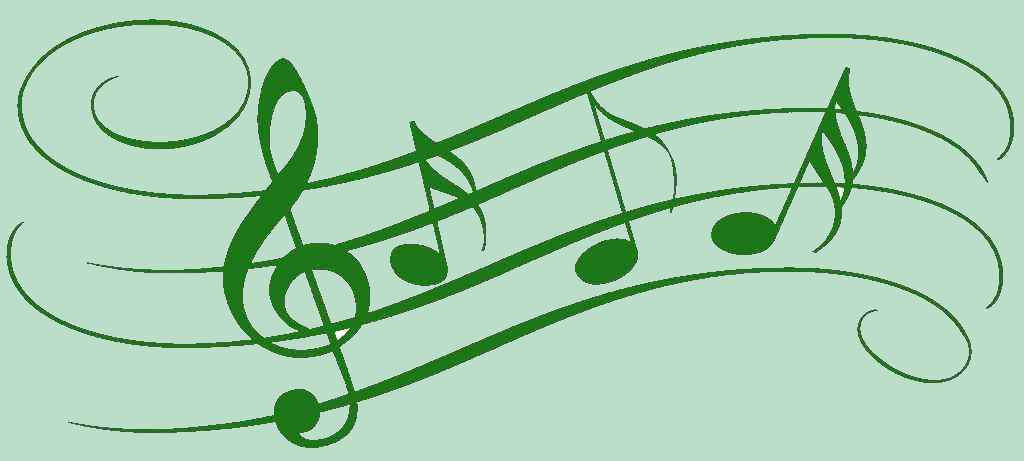
HOME PAGE
AUDIO CLIP LINKS
(listed below)
August 1914
(This page)


August 1914
(This page)


AUGUST 1914
(This page)

DETAILS AND TEXTS/TRANSLATIONS.
August 1914:
Composer's note: At the start of the war, there was widespread
patriotism and enthusiasm for defending one's country,
and a belief on both sides that it was a good and
righteous war. I have tried to express this outpouring
of genuine feeling through familiar musical idioms,
both in the grandiose opening theme and in the
contrasting simplicity of the Devon farmer's song which
follows. The texts used combine popular sentiments of
the time ('Noble war, glorious war, it will all be over
by Christmas') with excerpts from a poem by a West
Somerset resident about her grandfather's experience of
the war ('I work on the land helping me
dad')1, the words of an Australian soldier
who died at Gallipoli in 1915: 'If I stop a bit of
German lead it will be a sport'2 and the
words of a Ruhr miner3 ('Hoch gingen die
Wogen der Begeisterung: 'High went the waves of
enthusiasm').
Texts:
Lest we forget. Lest we forget, forget.
War! Krieg! [War!]
War! Noble war, a noble war!
I'll fight for my country
Ich sterb' für die Heimat
[I die for the Homeland]
I'll die for my country
Ich sterb' für das Licht
[I die for the Light]
I can face death
Die Heimat, die Heimat!
My country, my country!
Hoch gingen die Wogen
[High went the waves]
It will all be over by Christmas
I work on the land [1]
helping me dad
But Oh, how I hate it
being a farm lad
I know I'll be here
for the rest of my life
Milking the cows
and finding a wife
But - I hear there's a war
and young lads they need
to spread their wings
and you don't have to read
If I stop a bit of
German lead
It will be a sport [2]
War! Glorious war!
Ich geh' gern ein! [I go gladly to it]
Hoch gingen die Wogen
der Begeisterung [3]
[High went the waves of
enthusiasm]
It will all be over
by Christmas
I'll fight for my country/
I work on the land
I can face death
Die Heimat!
My country!
Die Heimat! Ah!
REFERENCES:
1 Open Fire by Helen Jowett, 2014.
Used by kind permission of the author.
2 George Rothwell Seager, courtesy of the
Imperial War Museum:
https://www.iwm.org.uk/collections
3 Diary entry of a Ruhr Miner in 1914,
quoted in English translation in Richard Bessel (1993)
Germany after the First World War, Clarendon
Press, Oxford (p.3). With thanks to Professor Bessel
for supplying the original German text from 'Alle
sollen auf dem Altar des Vaterlandes ein Opfer
bringen': Die Bergarbeitershcaft in Kreis Recklinghausen während des Ersten Weltkrieges by Michael
Zimmerman (1982) in Vestische Zeitschrift 81, p. 68.

© Emily Feldberg 2017-2018.